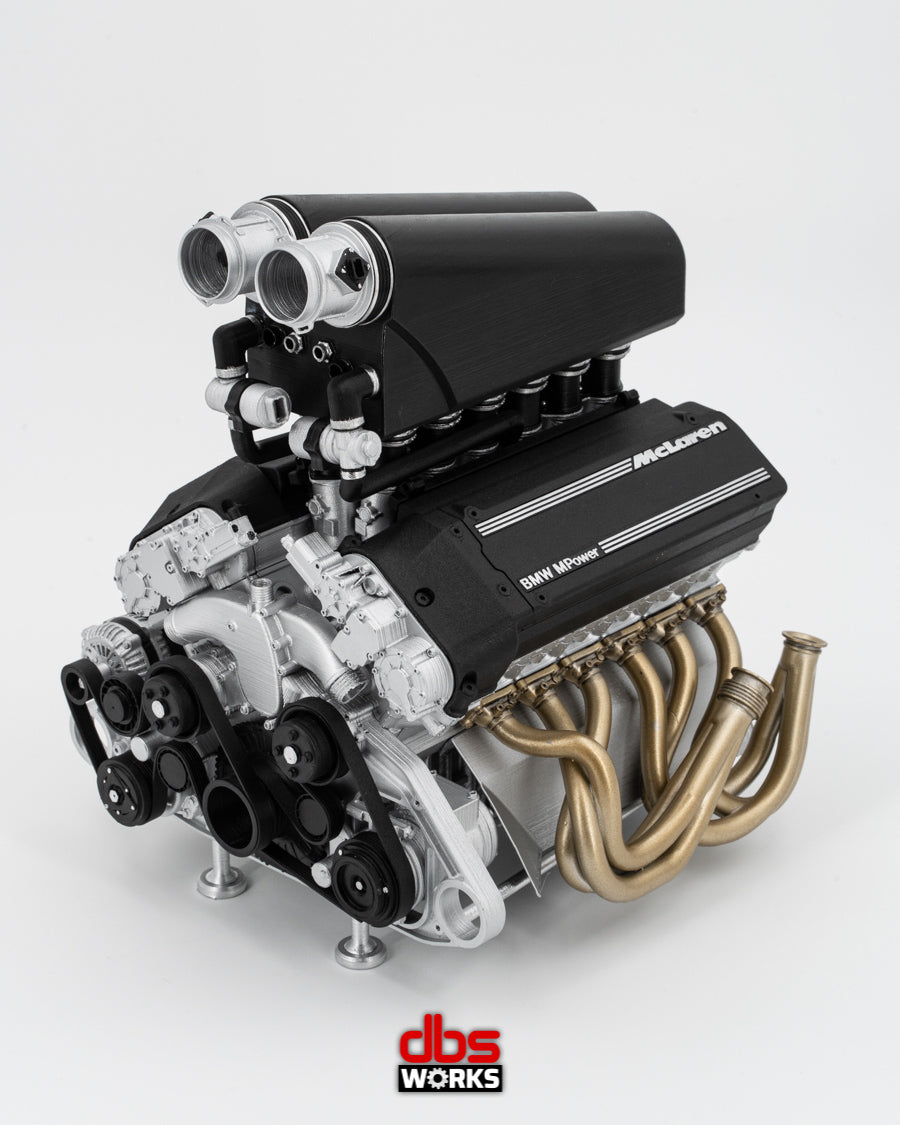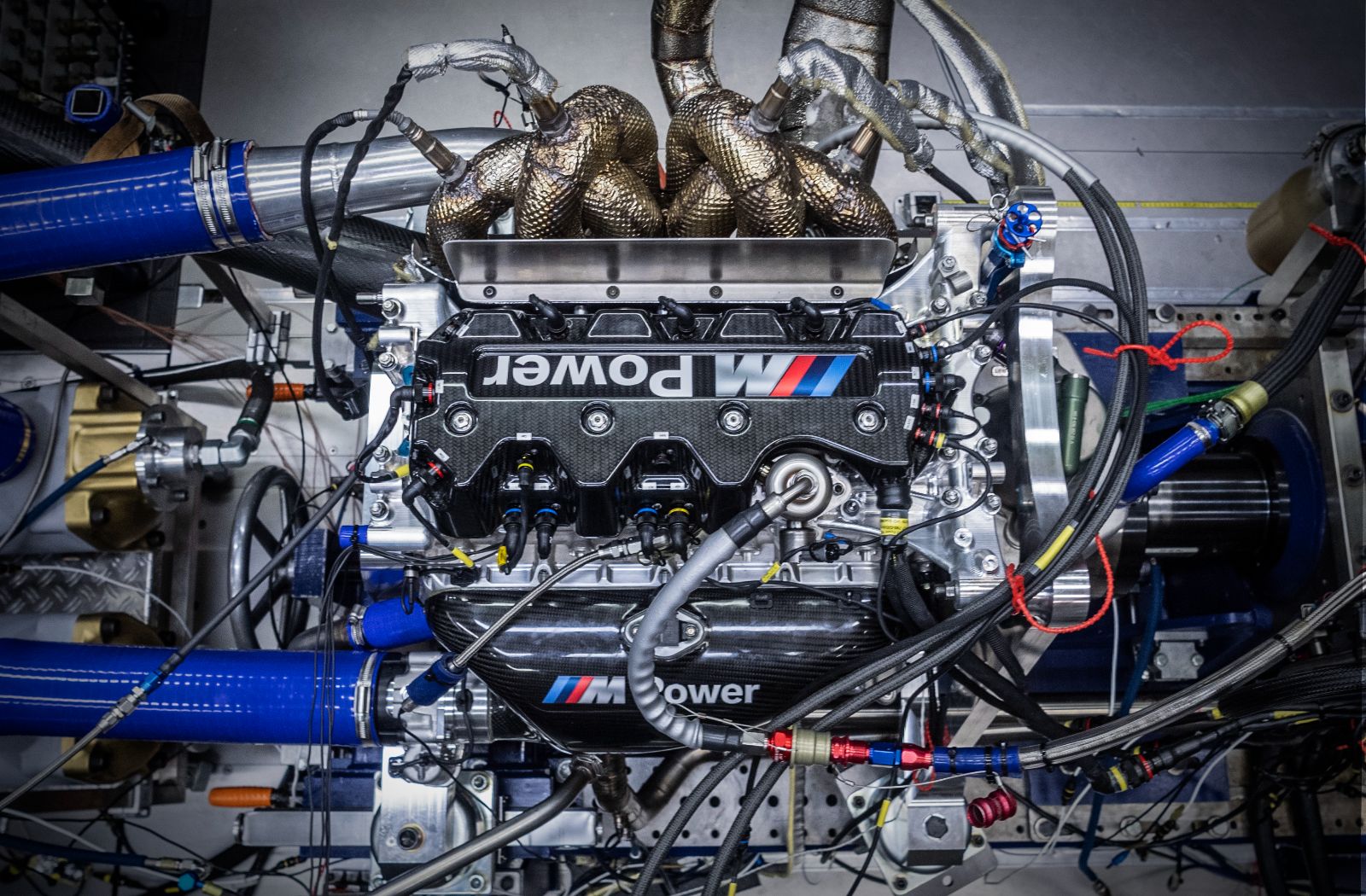Common Problems Faced by BMW Engine Owners and Exactly How to Solve Them
Unveiling the Intricacies of Next-Generation Power Units: a Deep Dive Into Advanced Engine Layouts and Innovations
In the realm of automobile engineering, the ruthless search of effectiveness, sustainability, and efficiency has actually moved the evolution of power units to unmatched heights. As we depend on the precipice of a new period in transport, the complexities of next-generation engine designs bid us to discover the sophisticated innovations and developments that guarantee to redefine the driving experience. From sophisticated products that push the limits of longevity and weight decrease to sophisticated turbocharging and supercharging systems that elevate power result to new levels, each component of these power systems holds a key to unlocking the future of vehicle engineering. Delving much deeper into the worlds of emission control, smart engine monitoring systems, and the perspective of power system development, we locate ourselves on the cusp of an improvement that assures to improve the landscape of mobility as we understand it.
Advancement of Engine Products

The change towards advanced engine products has likewise enabled engineers to develop engines with greater power results while keeping gas efficiency standards. The usage of lightweight materials lowers the overall weight of the engine, leading to enhanced gas economic climate and lower discharges. In addition, improvements in materials innovation have actually enabled much better thermal monitoring within engines, causing enhanced integrity and durability.
Turbocharging and Supercharging Technologies
How do Turbocharging and Supercharging Technologies revolutionize engine efficiency and performance in modern automobiles? Turbocharging and supercharging are modern technologies that considerably improve engine performance by increasing the amount of air intake into the combustion chamber. Turbocharging achieves this by utilizing a generator driven by exhaust gases to pressurize the intake air, while turbo charging uses a belt- or chain-driven compressor to attain the exact same effect.
These modern technologies make it possible for smaller, more fuel-efficient engines to produce power comparable to bigger ones, called downsizing. By forcing more air into the cyndrical tubes, turbo charging and turbocharging enhance combustion effectiveness, resulting in boosted horse power and torque outcome without a substantial rise in engine dimension. This results in far better acceleration, towing ability, and total driving performance.
In addition, turbo charging and turbocharging add to boosted fuel effectiveness by enabling the use of smaller engines that eat less fuel under regular driving problems - bmw engine. This combination of improved efficiency and performance has actually made turbocharging and supercharging integral components of lots of modern-day engine layouts
Emission Control and Environmental Influence
With enhancing international problems regarding air high quality and ecological sustainability, the implementation of emission control innovations in vehicles plays an essential duty in decreasing damaging toxins launched right into the atmosphere. Modern automobiles are furnished with innovative emission control systems that help lessen the ecological impact of vehicle procedures. Catalytic converters, for example, are created to convert poisonous gases such as carbon monoxide, nitrogen oxides, and hydrocarbons right into less unsafe substances like co2 and water vapor.
In addition, advancements in engine modern technology, such as the assimilation of exhaust gas recirculation systems and discerning catalytic reduction, have considerably added to decreasing discharges. These innovations work in tandem to maximize combustion efficiency and minimize the launch of harmful toxins into the air. Furthermore, the advancement of hybrid and electric lorries stands for an important step in the direction of decreasing the general ecological footprint of the transport sector.
Intelligent Engine Monitoring Systems

Additionally, try this these systems enable automobiles to meet rigid exhausts criteria without compromising performance, giving an extra eco-friendly driving experience. The assimilation of expert system and artificial intelligence abilities in engine administration systems remains to press the boundaries of what is feasible, bring about further renovations in effectiveness, reliability, and total automobile efficiency. bmw engine. As automobile innovation advancements, smart engine management systems will certainly play a vital role fit the future of transport towards a more lasting and efficient instructions
Future Trends in Power System Development
As smart engine monitoring systems pave the method for enhanced control and optimization in modern-day cars, future trends in power system advancement are positioned to redefine the landscape of auto propulsion technologies. These different power resources use enhanced performance and efficiency while straightening with stringent ecological regulations.
Another considerable trend is the integration of sophisticated materials look at here and manufacturing methods. Lightweight products such as carbon fiber and aluminum are being utilized to lower overall lorry weight, enhancing fuel performance and performance. In addition, developments in 3D printing and additive manufacturing are making it possible for the production of intricate engine components with greater precision and sturdiness.
Moreover, man-made intelligence and artificial intelligence are playing a crucial role in optimizing power system performance. These innovations enable for real-time surveillance and flexible control, causing a lot more dependable and reliable power distribution. Generally, future trends in power device development are geared in the direction of effectiveness, performance, and sustainability, driving the auto industry in the direction of a new age of propulsion technologies.

Final Thought
Finally, the innovations in engine products, turbocharging, exhaust control, and smart monitoring systems have paved the way for next-generation power devices. These innovations have not just enhanced efficiency and efficiency but also reduced environmental impact. As innovation proceeds to develop, future patterns in power unit advancement are likely to concentrate on further enhancing sustainability and maximizing power result. The intricate designs and developments in modern engines showcase the ongoing development of auto innovation.
Checking out the dynamic developments in engine products has actually been pivotal in boosting the efficiency and effectiveness of modern engines. Over the years, the evolution of engine materials has actually played a crucial function in pressing the limits of what engines can attain.The change towards advanced engine materials has also made it possible for engineers to develop engines with greater power outputs while keeping fuel efficiency criteria.The implementation of smart engine monitoring systems in contemporary automobiles has actually revolutionized the way engines are regulated and optimized for performance and effectiveness. By accumulating information in real-time and evaluating it important site with innovative formulas, intelligent engine management systems can adjust to driving designs, environmental aspects, and engine health to take full advantage of power output while reducing gas usage and emissions.